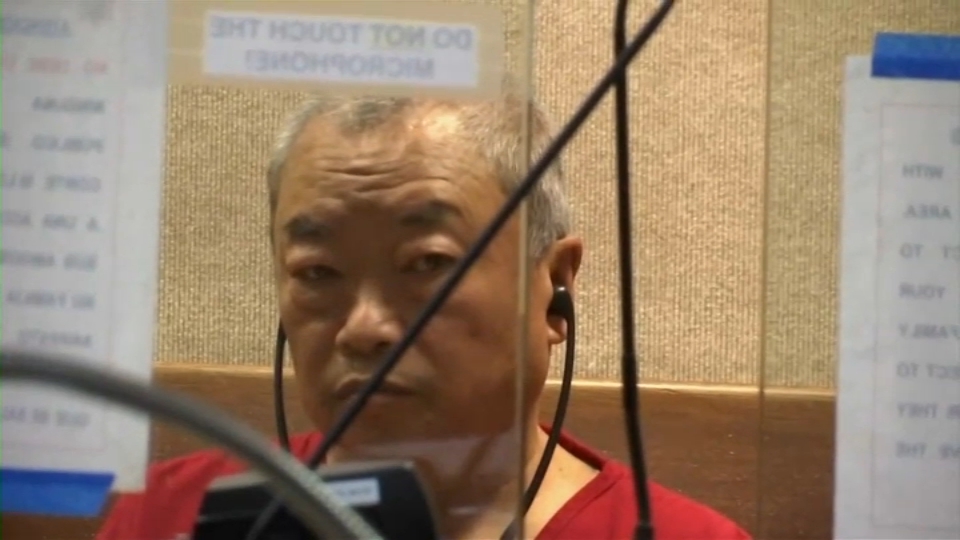Voters in Oakland, San Francisco and Albany will consider a tax on sugary sodas to prevent diabetes and obesity.
The arguments for and against the tax boil down to whether the tax that soda distributors must pay will be passed on to consumers or not.
Health experts say the penny-per-ounce tax would curb consumption of sweetened cola, sports drinks and canned teas that are full of empty calories.
Opponents, led by the American Beverage Association, call it a "grocery tax," and argue that it will lead to higher prices on other goods, which will hurt small businesses and customers struggling to survive in one of the country's most expensive places.
The tax is on distributors and is not paid by customers who buy the drinks.
Tax proponents have fought back with their own ads showing young children at a playground lugging backpacks full of heavy bricks up and down the slide.
The measures' backers clarified that voters would be approving a small tax on soda — not on everything else at the store — that will improve the health of children and families.
Local
Both sides are courting low-income and minority voters, who tend to drink more sweetened beverages.
The American Heart Association recommends children consume less than six teaspoons of added sugar a day. A 12-ounce can of regular Coca-Cola contains nearly 10 teaspoons of sugar and 140 calories.



